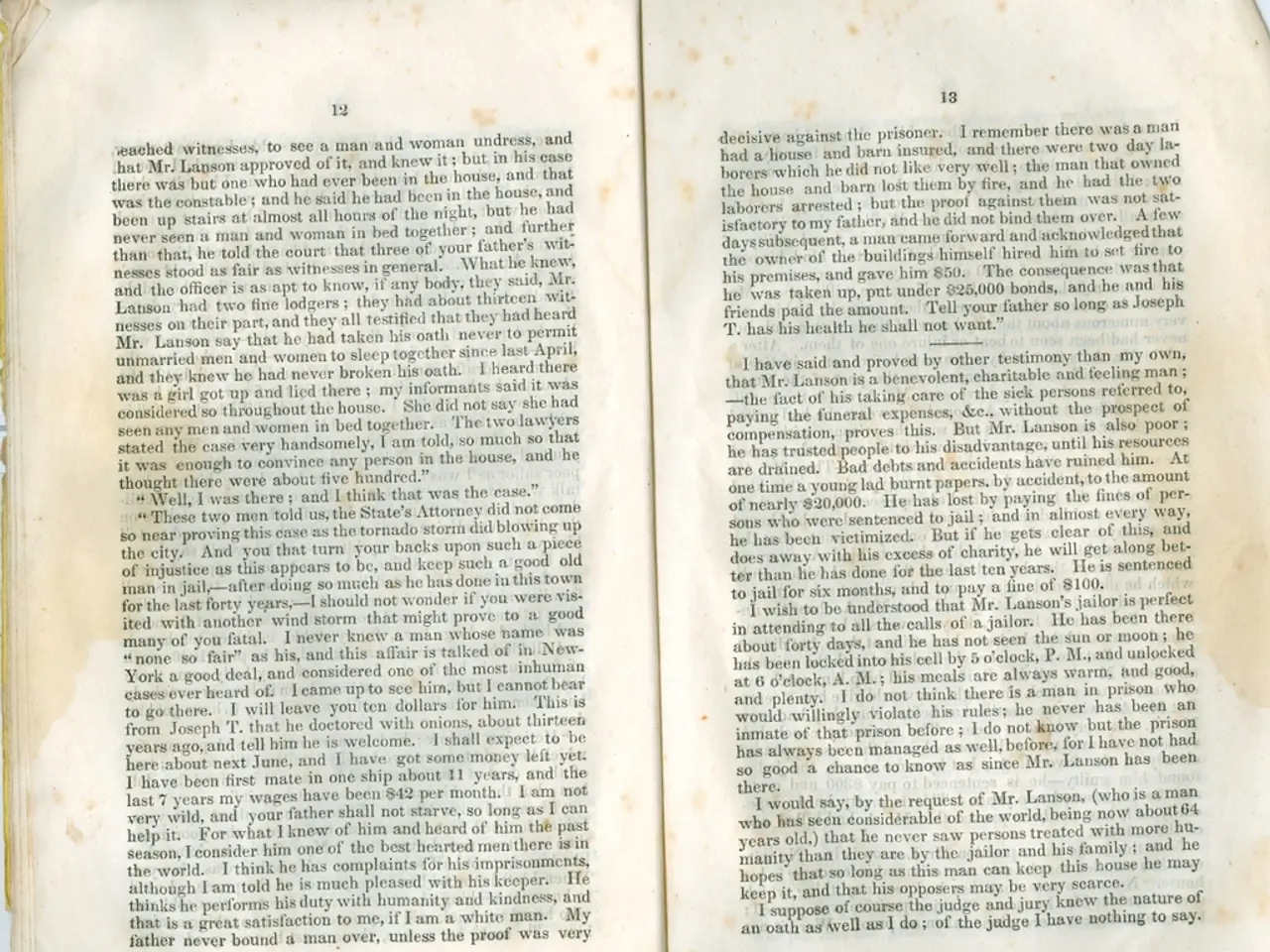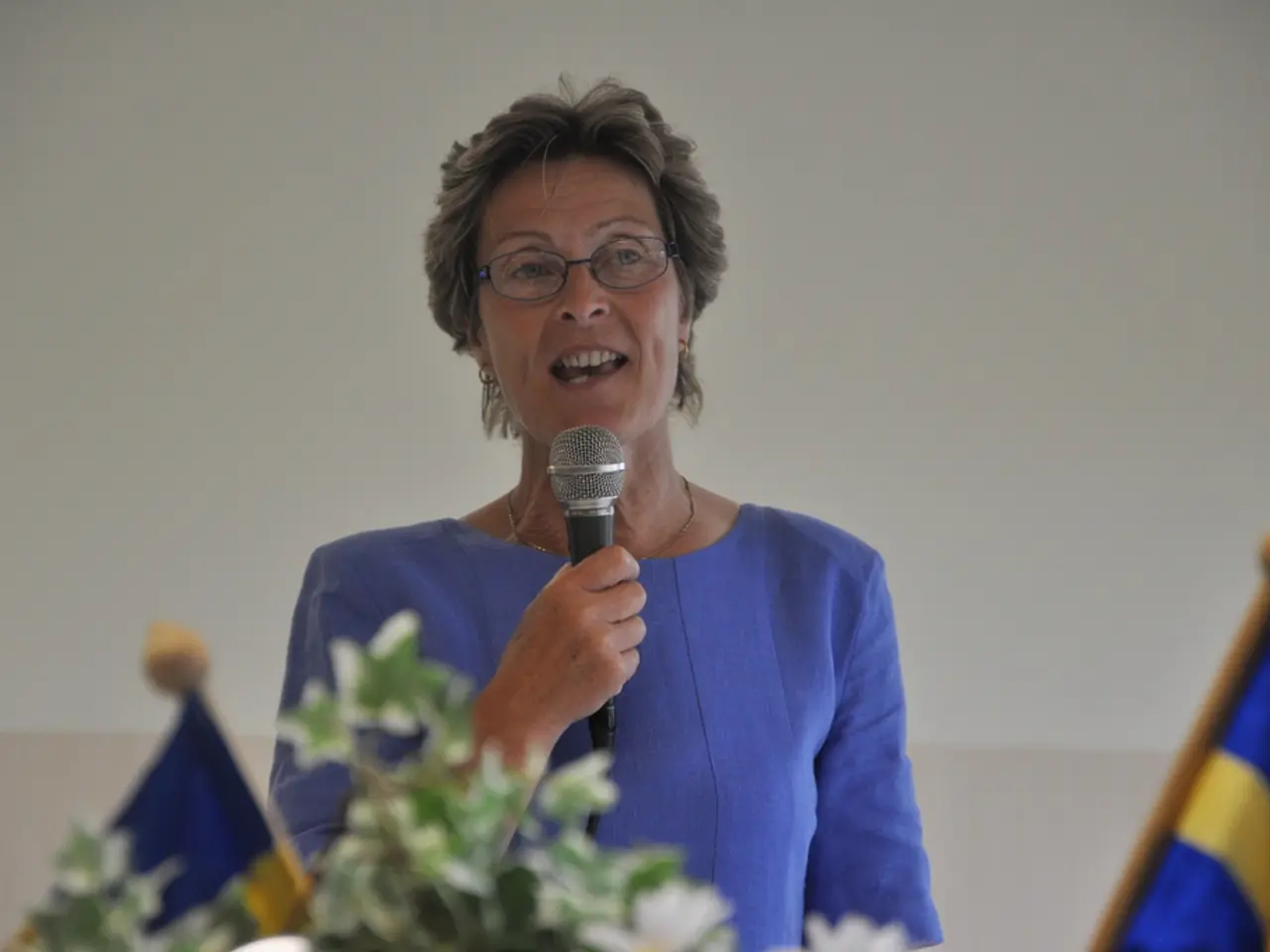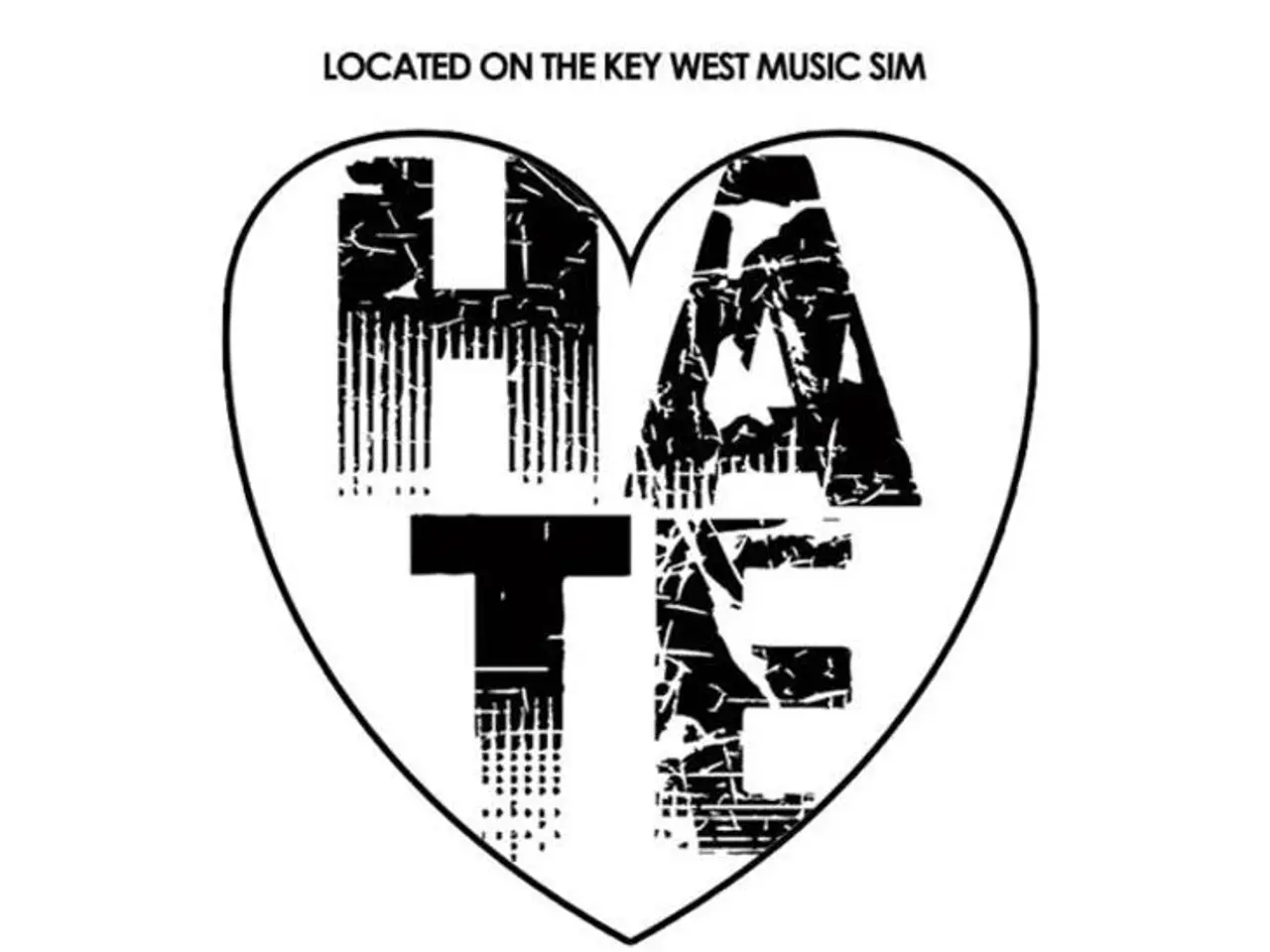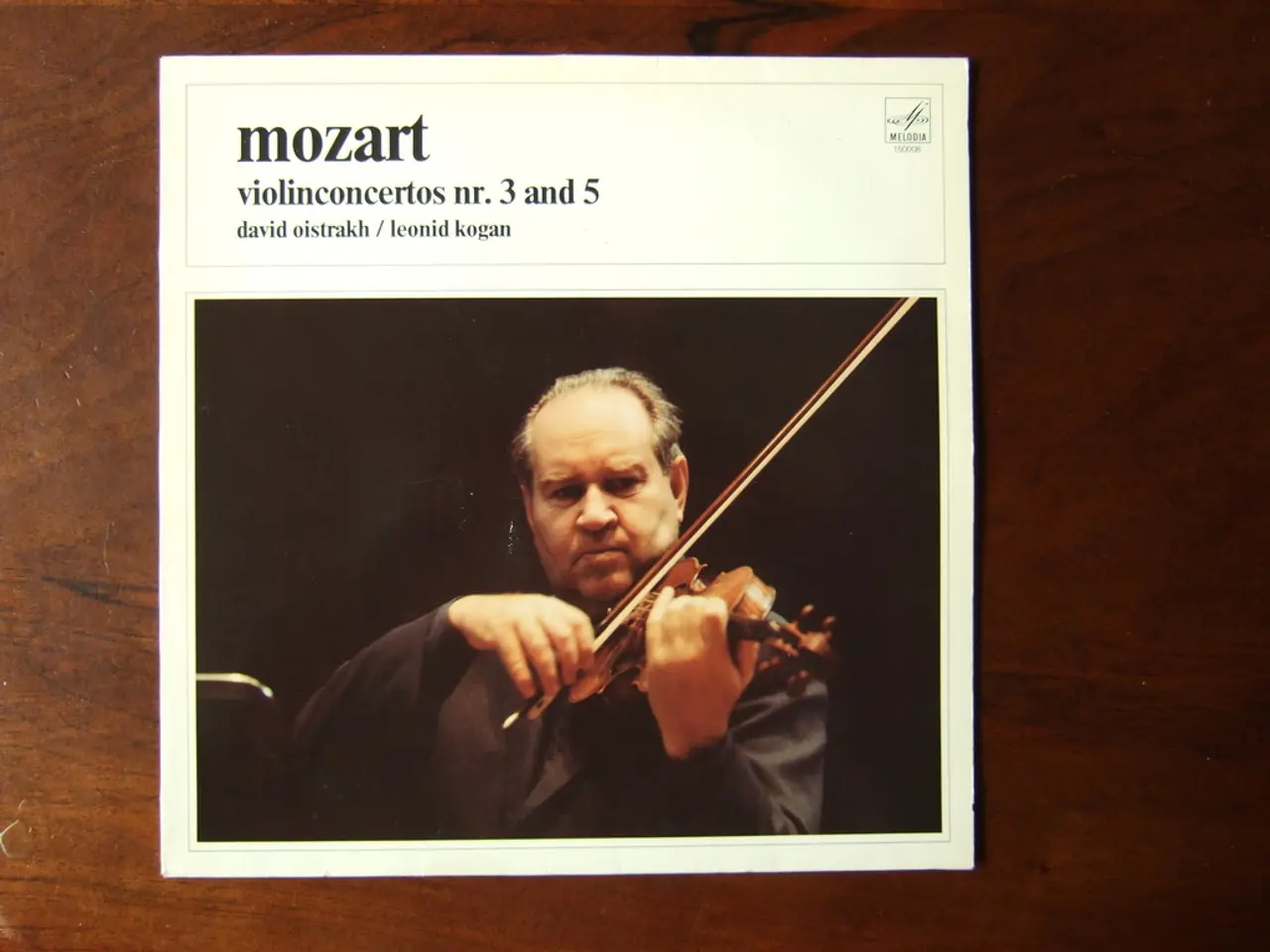History's revision in the era of deceit
In the contemporary landscape of Philippine politics, the Marcos family's digital rebranding strategy has significantly shaped the perception of the Marcos dictatorship among Filipino youth. Leveraging social media platforms, the Marcos administration has presented a rehabilitated and positive image of the Marcos legacy, influencing the views of younger generations who did not experience the dictatorship firsthand.
This digital makeover is evident in the strategic use of online campaigns, simplified messaging, and government initiatives to project progress and modernization under the Marcos administration. For instance, the launch of the BroadBand ng Masa Program, aimed at expanding internet access and WiFi in remote areas, has enabled the Marcos administration to disseminate its narrative more broadly. Moreover, the enforcement of SIM card registrations, while primarily intended to combat scams, may indirectly affect how information about the Marcos era and current governance circulates.
The Marcos family's efforts to recast themselves as agents of national development are evident in youth-friendly branding strategies, tourism campaigns, and visible infrastructure projects. These tactics have reshaped the youth's perception of the Marcos period and legacy, viewing it through a lens of progress rather than solely dictatorship and martial law abuses.
However, this shift in perception raises broader implications for Philippine democracy. Critics have expressed concerns about historical revisionism and the potential erasure of martial law atrocities from public memory, which could weaken the critical vigilance necessary to safeguard democratic institutions.
The University of the Philippines has reported that many youth lack historical knowledge about the dictatorship, partly due to gaps in school textbooks. Consequently, traditional education may not be sufficient to fill this gap if the primary information source is social media.
Studies show that young voters, who did not experience martial law, were strongly influenced by digital narratives about Marcos Jr. During the 2022 presidential election, Pulse Asia found that younger voters disproportionately supported Marcos Jr., while older voters tended to favor Robredo.
The digital rebranding effort has been criticized for its use of misinformation and disinformation. Tsek.ph found that 92% of all checked online content about Marcos Jr. was positive and false, while 96% of false information about his rival Leni Robredo was negative and defamatory. Human Rights Watch described Marcos Jr.'s campaign as "marked by disinformation about the crimes of his father's dictatorship."
Social media platforms, such as Facebook, YouTube, and TikTok, have been used to rebrand the Marcos dictatorship as a "golden age." False claims, such as alleging victims fabricated their stories, were shared millions of times on these platforms. A video claiming no one was arrested during martial law racked up over 187 million views on TikTok. Facebook was flooded with posts praising economic miracles under Marcos Sr. and denying his crimes.
Dissenters were attacked online or discredited as part of a "leftist media conspiracy." YouTube channels staged opulent family scenes as nostalgic retrospectives, while TikTok became a stage for influencers to mythologize Marcos. The past has been algorithmically erased in the Philippines.
Since taking office, Ferdinand Marcos Jr. has been systematically normalizing the dictatorship of his father. History books are being revised, memorial institutions weakened, and critical terms like "martial law" or "human rights violations" banished from official speeches. The Marcos family is accused of plundering billions from the state coffers during Marcos Sr.'s rule.
This phenomenon underscores how digital media can be utilized to reframe historical narratives and impact electoral politics and civic engagement, especially among younger generations disconnected from direct historical experience. The rise of right-wing extremist actors in Germany, who are trying to relativize the Nazi era and question the democratic order, with narratives circulating on Telegram channels, serves as a chilling parallel.
In conclusion, the Marcos family's digital rebranding has effectively soft-pedaled the negative connotations of their authoritarian past for Filipino youth, influencing public sentiment and political dynamics in the Philippines' democratic landscape. This phenomenon underscores the importance of critically evaluating digital information and fostering historical education to safeguard democratic institutions.
- The Marcos family's digital rebranding strategy, evident in youth-friendly campaigns, tourism initiatives, and infrastructure projects, has impacted the election campaign by shaping the younger generation's perception of the Marcos dictatorship, influencing their voting choices during the 2022 presidential election.
- In the realm of Philippine politics and general-news, the Marcos administration's use of social media platforms for digital marketing has raised concerns about historical revisionism, as misinformation and disinformation have been found to bias the presentation of the Marcos legacy, potentially erasing the memory of martial law atrocities and weakening democratic institutions.







